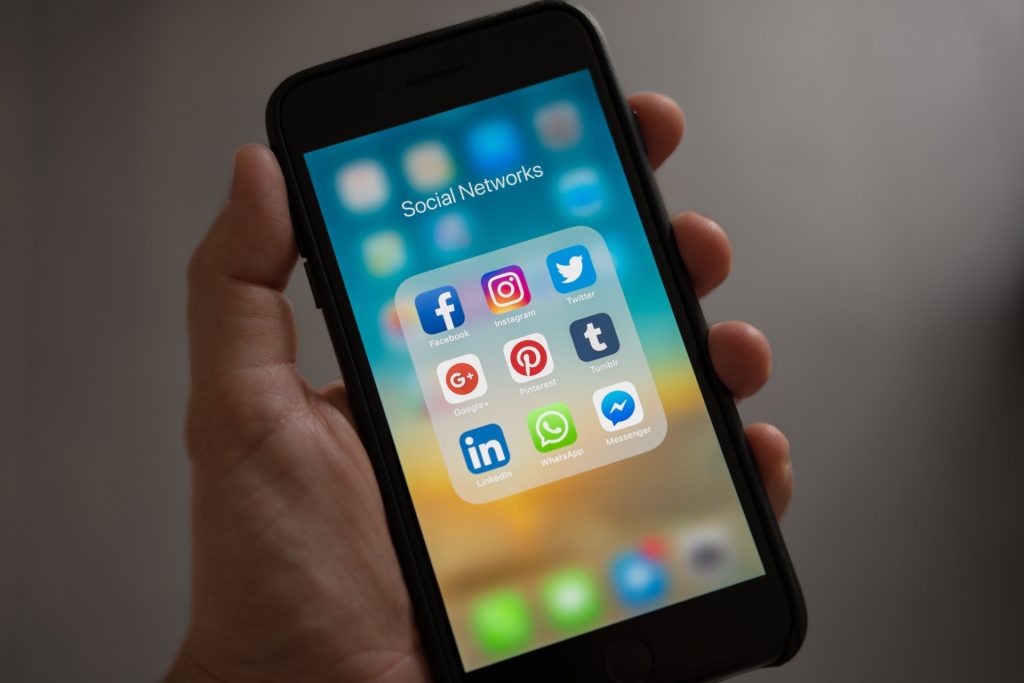
A team of researchers has found that workers using their smartphone to take short breaks do not find reductions in boredom or fatigue.
Smartphones have had an inescapable impact on society, and allow users to engage with a variety of apps. Anecdotal evidence also suggests that people use their phones in other ways as well, such as to alleviate boredom or to reduce stress. The researchers noted that many people use their smartphones to take short breaks from their work—and they wondered if doing so actually helped with boredom or reduced stress.
To find out, researchers at Radboud University’s Behavioural Science Institute in The Netherlands recruited 83 PhD candidates, each of whom were asked to report their level of boredom and fatigue every hour while they were working. They also received a smartphone app that logged its usage.
In comparing phone usage with self-reported levels of boredom and fatigue, the researchers were able to track the volunteers’ use of their phones to deal with boredom or fatigue. They found that not only did using their phones in such a manner not alleviate boredom or fatigue, in many cases it in fact made things worse. Volunteers who described themselves as more bored or more fatigued than others in the study did not take longer smartphone breaks than those feeling less bored or fatigued.
The researchers acknowledged that their study was small but their results suggest that workers might consider fatigue or boredom reducing alternatives. They noted also that some prior research has shown that boredom can sometimes be alleviated by engaging in activities that bring some degree of joy. They suggest that rather than mindlessly scrolling, they find ways to use their phones to bring them joy, such as by looking at pictures of loved ones.
Source: Medical Xpress
Journal information: Jonas Dora et al, Fatigue, boredom and objectively measured smartphone use at work, Royal Society Open Science (2021). DOI: 10.1098/rsos.201915

